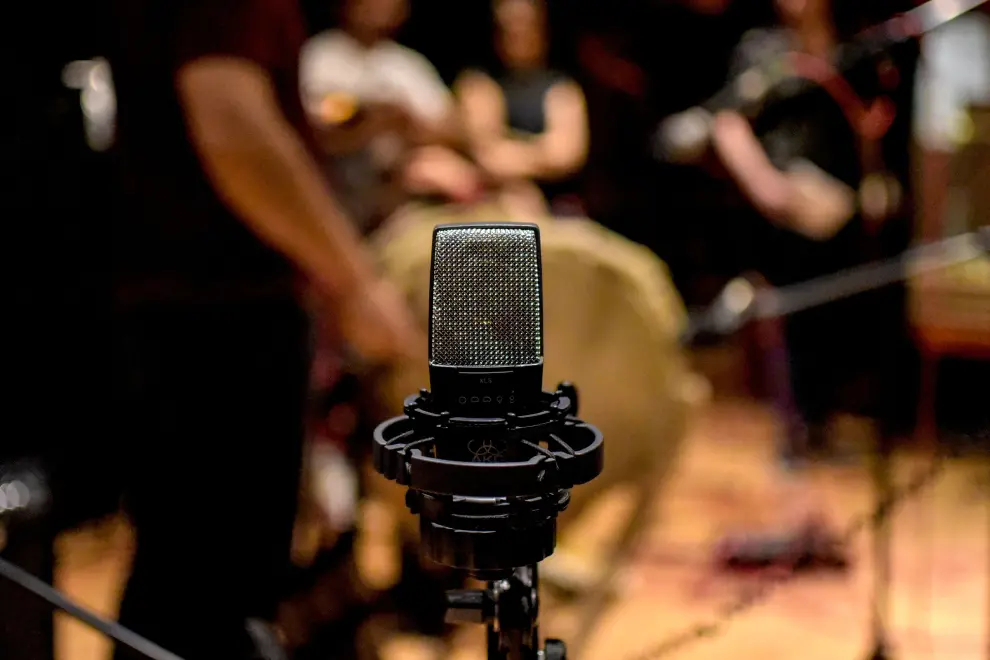The music industry’s three major labels and their publishing arms, Universal Music Group, Sony Music Entertainment, and Warner Music Group, have struck individual licensing deals with the AI music start-up company, Klay.
As Consequence of Sound notes, Klay is building a streaming platform that will allow users to remake songs using AI.
With the majors striking this deal with Klay, the start-up becomes the first AI company to confirm licensing agreements with the three majors and will have the opportunity to train its “Large Music Model” on the rosters’ music.
A statement from Klay claims that the company will “further evolve” the music experience for users. It will also reportedly leverage “the potential of AI, while fully respecting the rights of artists, songwriters, and rightsholders.”
Universal Music Group entered a partnership with Klay late last year. Upon announcing the move, the label’s Executive Vice President, Michael Nash, said Universal was excited to join forces with “entrepreneurs” behind Klay.
Don't miss a beat with our FREE daily newsletter
Nash also stated that the label was ready to “explore new opportunities and ethical solutions for artists and the wider music ecosystem,” as well as “advancing generative AI technology in ways that are both respectful of copyright and have the potential to profoundly impact human creativity.”
Warner Music Group’s Executive Vice President and Chief Digital Officer, Carletta Higginson, called attention to Klay’s “right approach” to the “rapidly evolving AI universe by creating a holistic platform that both expands artistic possibilities and preserves the value of music.”
Dennis Kooker, President, Global Digital Business at Sony Music Entertainment, added that the label was “pleased” to partner with Klay and “collaborate on new generative AI products.”
“While this is a beginning, we want to work with companies that understand that proper licenses are needed from rightsholders to build next-generation AI music experiences,” Kooker said.
Last year, the three majors filed copyright infringement lawsuits against the AI music start-up companies, Suno and Udio. But UMG and WMG have since reached separate partnership agreements with the latter start-up.
While major labels have struck deals with an AI start-up, the topic remains controversial among artists.
Last month, Welsh alternative rock/emo band Holding Absence hit out at AI outfit Bleeding Verse, which admits to utilising "AI-assisted instrumentation and vocals."
Artists like James Blunt and Jordan Merrick have argued against the use of AI in music, while Billy Joel, Peter Gabriel, and IDLES have already utilised it in their campaigns.
Fake songs have appeared on the profiles of Australian acts Pond, Polaris, Northlane, Alpha Wolf, and Thy Art Is Murder. Meanwhile, Crowded House were victims of an AI post that alleged that frontman Neil Finn suffered from “erectile dysfunction.”
Earlier this year, rapper and producer Timbaland launched a new company, Stage Zero, and announced the signing of AI “artist” TaTa.
In July, the band The Velvet Sundown made waves for its use of AI and for claims that it was a “hoax.” On the streaming service Deezer, the following disclaimer was shared: “Some tracks on this album may have been created using artificial intelligence.”
















